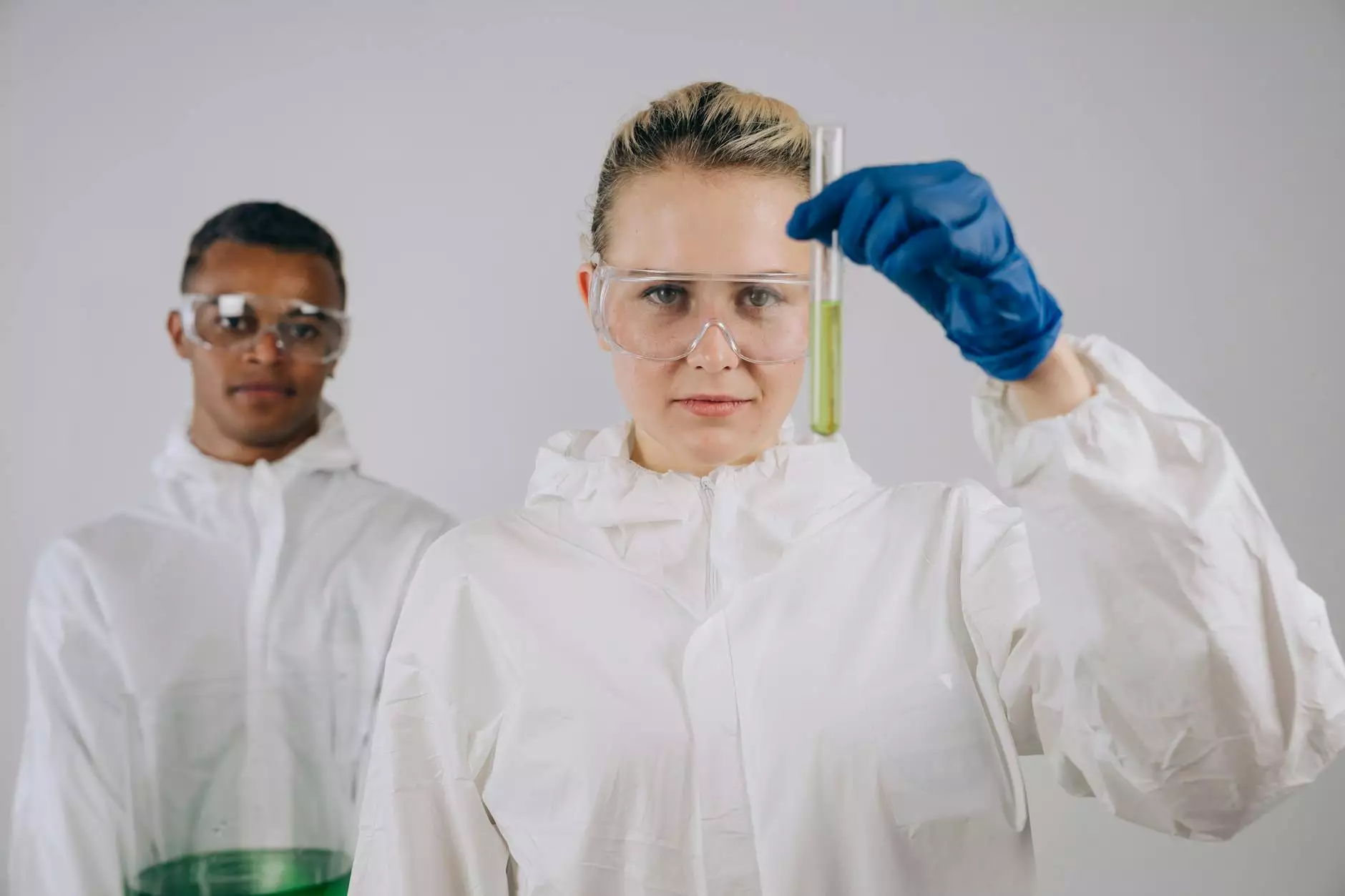Chemicals Used in Sugar Manufacturing: A Comprehensive Exploration

Introduction to Sugar Manufacturing
The production of sugar is a critical process that serves various industries, from confectionery to food and beverages. Understanding the chemicals used in sugar manufacturing is essential for grasping how sugar is refined and purified to meet quality standards.
1. Overview of Sugar Processing
Sugar is primarily derived from sugarcane and sugar beets. The extraction and purification processes involve several chemical reactions and treatments to produce the end product that consumers expect. The methods employed can vary based on the source of the sugar but share common chemical processes.
- Extraction: Crushing and pressing the sugarcane or beets to release juice.
- Clarification: Removing impurities from the juice using specific chemicals.
- Evaporation: Concentrating the juice to form syrup.
- Crystallization: Forming sugar crystals from the syrup.
- Separation: Isolating the sugar crystals from molasses.
- Drying: Preparing the sugar for packaging and distribution.
2. Key Chemicals in Sugar Manufacturing
In the sugar manufacturing process, several chemicals play crucial roles. Here’s an in-depth look at some of the most important ones:
2.1 Lime (Calcium Hydroxide)
Lime is extensively used during the clarification stage. It reacts with impurities in the juice, such as clay and organic matter, to form insoluble compounds that can be easily removed. This process helps in achieving a clear and pure sugar juice.
2.2 Phosphoric Acid
Phosphoric acid is often used in conjunction with lime to improve the clarification process. When added, it helps in the coagulation of impurities, allowing for better filtration and further purification of the juice.
2.3 Activated Carbon
During the decolorization phase, activated carbon is utilized to remove color and other organic impurities from the syrup. It adsorbs colored compounds and other contaminants, ensuring that the final product is visually appealing and of high quality.
2.4 Sodium Carbonate
Sodium carbonate aids in the alkalization of sugar juice, enhancing the effectiveness of the clarification process. It helps to neutralize acids in the juice and assists in the removal of certain impurities.
2.5 Sulfur Dioxide
Sulfur dioxide is used occasionally for its reducing properties, which help in maintaining the quality of the sugar juice during processing. It acts to inhibit the growth of microorganisms and can also contribute to the bleaching of the juice.
2.6 Food Grade Acids
Acids such as citric acid and lactic acid are sometimes employed in trace amounts to regulate pH and enhance flavor profiles in sugar-based products. These acids help prevent unwanted reactions during storage.
3. The Role of Water in Sugar Production
Water is a vital component in sugar manufacturing, serving various purposes:
- Extraction: Water is mixed with shredded sugarcane or beets to facilitate juice extraction.
- Transport: Water is used for transporting raw materials within the facility.
- Cooling: Water plays a crucial role in cooling processes, especially during evaporation.
Given the significance of water, ensuring its quality is equally important. That’s where water purification services come into play. Businesses like Bimak Skimya provide essential water treatment solutions to ensure the highest standards of water purity are maintained throughout the sugar manufacturing process.
4. Environmental Concerns and Chemical Management
With increasing awareness of environmental sustainability, the sugar manufacturing industry faces challenges regarding the use of chemicals. The management of these chemicals used in sugar manufacturing is crucial to mitigate environmental impacts:
- Effluent Treatment: Proper treatment of wastewater that contains residual chemicals before release into the environment is essential.
- Recycling and Reuse: Implementing systems to recycle chemicals can greatly reduce waste and environmental footprint.
- Sustainable Sourcing: Utilizing renewable resources and biodegradable chemicals wherever possible promotes sustainability.
5. Innovations in Sugar Manufacturing Chemicals
The sugar industry is continuously evolving, with innovations aimed at improving efficiency and reducing chemical usage. Some notable advancements include:
5.1 Enzyme Technology
Enzymes can replace traditional chemical treatments, optimizing extraction and purification while being more environmentally friendly. This technology enhances the yield of sugar while reducing chemical input.
5.2 Green Chemistry
Incorporating principles of green chemistry, manufacturers are exploring sustainable chemicals that offer less toxicity and environmental impact, paving the way for more responsible production methods.
6. Conclusion
Understanding the chemicals used in sugar manufacturing is essential for anyone involved in the sugar industry, from producers to consumers. With the right knowledge, businesses can optimize their production processes while adhering to safety and environmental standards.
As the industry continues to innovate, staying informed about the latest advancements and best practices will empower stakeholders to contribute positively to the sugar manufacturing landscape.
For more information on water purification services, water suppliers, and effective chemical management in sugar manufacturing, explore our offerings at Bimak Skimya.
chemicals used in sugar manufacturing








